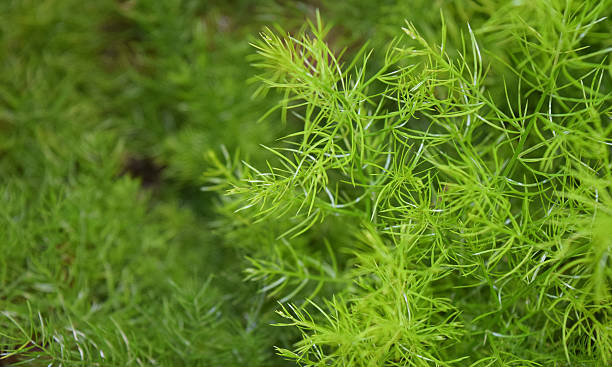Introduction:
Shatavari is also known as Asparagus racemosus. It is a member of the asparagus family. It is also known as an adaptogenic herb. Adaptogenic herbs are said to help the body cope with physical and emotional stress. Shatavari is a general health tonic to improve the strength of the body and is a popular herb in Ayurvedic medicine.
Benefits of Shatavari:
Antioxidant properties
Antioxidants prevent free radical cell damage and also battle oxidative stress, which is the main cause of disease. Shatavari is high in saponins. Saponins are compounds that exhibit antioxidant properties.
Anti-inflammatory properties
Racemofuran found in Shatavari and has significant anti-inflammatory properties. Its action is similar to COX 3 inhibitors and exhibits anti inflammatory properties, while being gentle on the digestive system.
Boosts the immune system
Shatavari is used in Ayurveda as an immune booster and animal studies clearly show that it has the capacity to resist infections in animals, when judiciously administered
Has anti-tussive properties
Shatavari root juice is a natural cough remedy. It is used extensively in West Bengal, India and is considered to be as effective as codeine.
Helps relieve diarrhea.
It is used in folk medicine to relieve diarrhea and it also has the ability to stop castor oil induced diarrhea.
Acts as a diuretic
It has the ability to rid the body of excessive fluid and is used in patients with congestive cardiac failure.
Treats peptic ulcer disease
Shatavari is useful in treating bleeding peptic ulcer disease and small ruptures in the esophagus and small intestine that can have devastating life threatening complications such as perforation.
Dissolves kidney stones:
Shatavari root extract prevents to formation of oxalate stones and also increases the magnesium concentration in the urine and thus help prevent stone formation
Regulates blood sugar levels
Shatavari has spooning that stimulates insulin levels but the mechanism of action largely remains unclear.
Anti aging properties
The spooning in Shatavari root protect skin damage due to their free radical scavenging activity and thus prevent the excessive formation of wrinkles and also prevent skin collagen break down and maintains the elasticity of the skin.
Mood elevating properties
Shatavari is used in ayurveda to tackle depression
Possible side effects of taking Shatavari:
This includes:
- rash
- fast heart rate
- itchy eyes
- itchy skin
- difficulty breathing
- dizziness
Conclusion:
Shatavari has been used in ayurvedic medicine for centuries. However, not enough scientific studies on humans have been done to recommend it for any medical condition. That said, it’s safe to eat it in small amounts, and doing so will allow you to reap its antioxidant and immune-boosting benefits.
